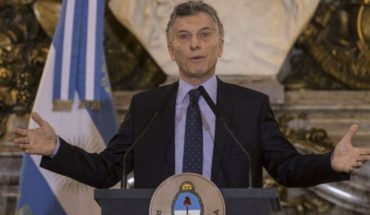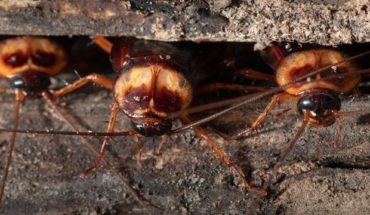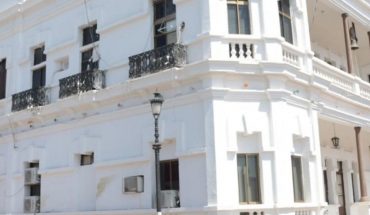The region is complicated because many democracies are in danger. In Brazil they tried to bring Lula down; in Peru there is bolonqui every day; the Vice-President of Colombia denounced an attempted attack against her; and in Argentina we are also with our good despelotes. Luiz Inacio Da Silva, better known as Lula, assumed his third presidency in Brazil on January 1. He succeeded Jair Bolsonaro, whom he defeated in the second round of elections. However, things are not being calm at all. Only a week after his inauguration, a group of Bolsonaristas attempted a coup d’état against him.
After the fact, the Brazilian president decided to intervene federally over the government of Brasilia. For his part, Bolsonaro, accused of being an instigator of the facts, said his own from Miami.In Peru, the president elected at the polls, Pedro Castillo, decided to close Congress and caused an institutional crisis that led to his resignation. Dina Boluarte took her place, but since then the country has been abuzz demanding her resignation. The repression of the demonstrations has already caused more than 60 deaths. In Colombia, after decades of liberal governments, the Caribbean country has a progressive government. However, the concentrated powers are not making life easy for the new Executive Power.Our country is not far behind… In September of last year, an assassination attempt against the vice president, Cristina Fernández de Kirchner, constituted a direct attack on democratic institutions. In this context, the Argentine president, Alberto Fernández, sent a project to Congress to carry out a Impeachment of the Supreme Court of Justice for poor performance of its functions. From the opposition, this is seen as a threat to democracy. In the midst of this regional chaos, the Summit of the Community of Latin American and Caribbean States, CELAC, was held in Buenos Aires. And several Argentine opposition leaders repudiated the arrival of presidents they consider dictators, such as Nicolás Maduro of Venezuela or Miguel Díaz-Canel, of Cuba. In the end, Maduro was not in Argentina for the CELAC Summit. The Venezuelan government denounced a plan of aggression by the right. For his part, the Argentine president said in the inaugural speech that “we must not allow the fascist right to put at risk the institutionality of our peoples.” All over the world, but particularly in South America, there are new movements that oppose the rights of certain marginalized sectors, and that are gaining more and more strength. We can call them “new right” or outright “neo-fascism”, but the truth is that their discourses penetrate more and more.
Filo.explica│South America in flames: democracies in danger
February 1, 2023 |





